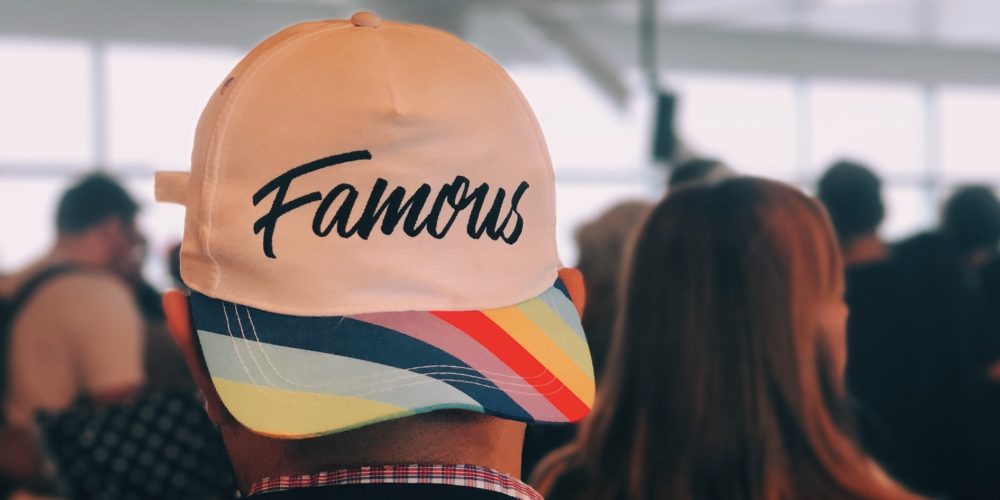It’s time to rethink the definition of VIP

This world is crazy about the VIP. Just saying the three letters causes a reaction: a hushed reverence for the creature in question—the Very Important Person. The term itself is believed to have originated in the Second World War, and was coined by military personnel to refer to high-ranking officers. It made sense to differentiate the senior-most officials, who were accrued extra security and protection.
Since then, however, the term VIP includes anyone of note, including politicians, celebrities, or just high-spenders. We have come to find it natural to accord these people special privileges.
In our neck of the woods, we take this special treatment to psychotic levels. VIPs are given intense attention and immense privilege by all and sundry. People swoon to be sycophantic; they rush to open doors and carry bags; they smile with all 32 gnashers in the presence of the special ones.
Who are these VIPs, the special ones we are in such awe of? Do they deserve all that attention and all those privileges? That depends on your view of who is deserving. In my observation, we accord folks the VIP treatment if they have one or more of three things: money, power, or fame. Any of those is enough to earn you absurd levels of fawning and obsequious attention.
Here’s the thing, though: it seems to matter not at all how such attributes are acquired by the VIP. The money could have been gained through outright theft; the power could have come from extreme rabble-rousing and fomenting of hate; the fame could be for something as trivial as an attractive body. For us, looters and killers are VIPs; those with many cars and houses are VIPs; those with curves and confident smiles are VIPs. We still scramble to be of special service to them.
It is futile, this picking out of certain humans for such exalted treatment. None of us are divine figures or special deities; we are all flawed and baffled humans, driven by basic needs and capable of catastrophic blunders. There are no perfectly faultless leaders or executives who deserve such special attention. Even the visionaries amongst us, those who have lifted their nations out of poverty, or have created billions in shareholder value, are just human. They are specks on a speck.
And yet. Humans seem to require stratification of their societies, seem to revel in giving privilege to a few, rather than equal treatment to all. If that is true, then the real question becomes this: who deserves privilege? Certainly, it cannot be those who have climbed to their perches by kicking and shoving others, or by manipulating the fears of a group, or by demonstrating unrestrained greed.
Perhaps the meaning in the letters should be different: perhaps we would do better to think of VIPs as Very Impactful Persons. That way, we would honour people not for their self-importance, but for their effects on others. We would reward generosity rather than selfishness. We would appreciate virtue, not vice.
Who are these Very Impactful People? They are all around us. The best teachers and educators create so much benefit in the world, by empowering others to succeed. Medics and healthcare workers often undergo gruelling conditions to save and heal others. Soldiers lay down their lives in the service of their nations. Security personnel stay vigilant so that the rest of us can sleep soundly.
There are people everywhere we look, planting and protecting trees; aiding the dispossessed and the vulnerable; fighting for justice for those denied it; spending endless hours in laboratories to develop medicines and vaccines; creating livelihoods so that others can live lives of dignity and comfort.
All these people—and many others I am sure you can think of—are right there under our noses, but we fail to see them because we are too busy looking at self-aggrandising monsters and shameless publicity seekers. If we are to give privilege to anyone as a society—even modest privilege—it should be to those whose lives radiate outwards, not to those who take all the light and oxygen away from others.
Let’s get real: I am not expecting a widespread transformation in the way human collectives grant privilege or appreciation. Most of the truly impactful people will remain unsung and unhonoured. We will not suddenly start giving national medals or preferred seating to the truly deserving. What I hope for is this: that many more of us, purely as individuals or families or communities, can start seeing the selfless good that is often in plain sight. That we can start giving simple words of appreciation and encouragement to those we see being selfless.
The health of the human race depends on recognising the right things, and shunning the wrong ones. Compassion, kindness, modesty, and generosity are the best of human traits. If we can start to appreciate and honour the goodness in us, we stand a chance of elevating our species.
(Sunday Nation, 26 June 2022)

Buy Sunny Bindra's new book
The X in CX
here »
Popular Posts
- Make this your year of being boringJanuary 4, 2026
- Snakes and Ladders, AKA your lifeJanuary 25, 2026
- Can we please stop with the corporate jargon?January 11, 2026
- The man who passed by one markJanuary 18, 2026
- Pretty isn’t the productFebruary 1, 2026















